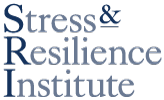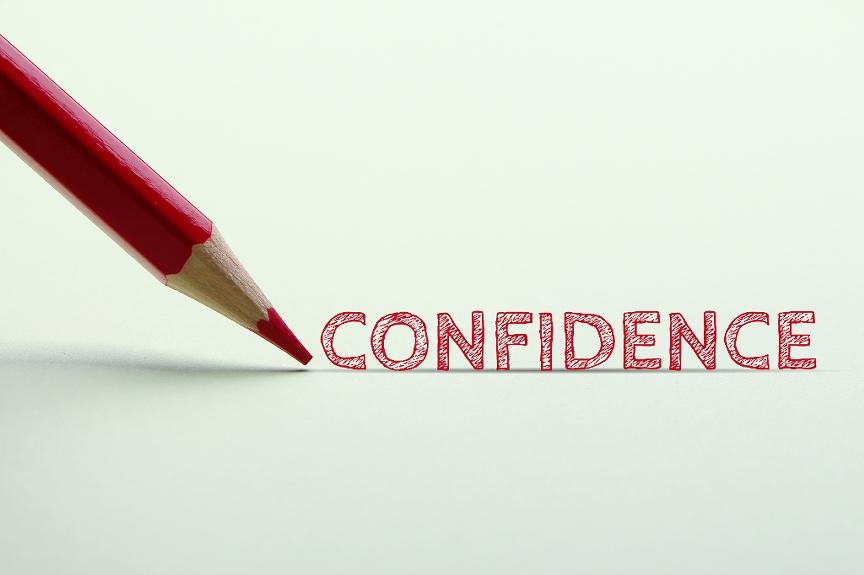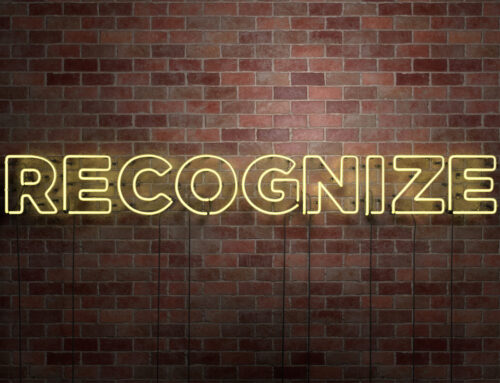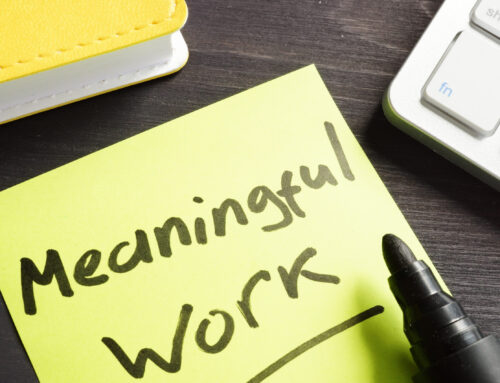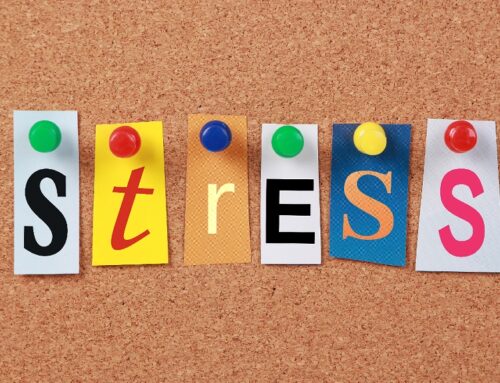I’ll never forget the first time I had to act in front of drill sergeants. I spent four years working with soldiers after I finished my master’s degree in applied positive psychology. I was part of a team that delivered resilience training to military personnel in the US Army, and as part of the training delivery, I was often selected to demonstrate a skill in front of the plenary group. Even though I speak in front of large groups on a regular basis, the type of demo that was required in this training involved some acting, which made me tremendously nervous and was way outside of my comfort zone.
The first time I stood up in front of those brave men and women, my face felt flushed and my heart raced, but I got through it in one piece. I even made a few soldiers laugh, though I’m sure it was more out of pity than anything else.
Since it was the first time I had been asked to demo, I solicited feedback from the primary instructor of the training. He told me I had “presence.” I didn’t know what that meant, but I liked how it sounded.
Dr. Cuddy defines presence as, “believing in and trusting yourself – your real honest feelings, values, and abilities.” Presence is a skill that is needed in most areas of your life – job interviewing, raising your hand to speak in a meeting or in a class, standing up for what you believe in, parenting, or asking someone out on a date – literally anything that is challenging. And while you might be able to think of a story where you had presence, it’s likely easier for you to remember a time when you didn’t. You remember the times when you answered the question wrong, stumbled over your words, thought of the perfect comeback 10 minutes after the conversation ended, or when your mind went blank. And if you’re like me, you spend hours re-hashing the event in your head, thinking of all of the things you could have said. The moments where I have lacked presence all have a common theme – I sense that someone is judging me.
According to Cuddy, there are three core elements of presence:
- Confidence (without arrogance) – this involves seeing a situation accurately. You have to acknowledge both the strengths and weaknesses of your product, idea, or position.
- Enthusiasm – you have to truly believe in the value and integrity of the relationship, idea, product, or topic. People who are faking enthusiasm are often too low in their energy or too high energy – even aggressive.
- Comfort – you don’t have to erase all traces of nervousness in order to appear comfortable and have presence. I’m pretty sure some of the soldiers could tell that I was nervous from my flushed face; however, I knew the information I was teaching and had fun, and those things trumped any nervous “tells.”
When you are confident, enthusiastic, and comfortable, you come across as your real, authentic self, and that makes people want to buy what you’re selling, follow your message, or say yes to that date. Thinking back on my acting moment in front of the soldiers, what I now realize is that I had figured out a way to bring my authentic self to a really stressful challenge.
If you want to be able to tap into your most authentic self, then you have to get better at stress, which isn’t always easy because your inner critic is on high alert. One way to get better at stress is to view it as a challenge, not as a threat. When you believe that stress is there to challenge you and is not a sign that you’re weak or you’ll blow it, it changes your perception of yourself and your ability to handle the situation.
To develop more of a “stress helps” mindset, practice this three-step process (“ARM”) from psychologist Alia Crum when you feel stressed:
STEP 1: Acknowledge stress when you experience it – notice how and where it impacts you physically.
STEP 2: Recognize that the stress response is linked to something you care about. What is at stake in this situation, and why does it matter to you?
STEP 3: Make use of the heightened energy and focus that stress gives you.
I find the science and psychology of presence fascinating. It’s a topic I will continue to write about, but I’d love to ask you this: What situations do you find most challenging? When have you had presence?
Want to know more? Download my free “Is It Stress or Is It Burnout” strategy guide here. You can also learn about my speaking and training programs here.
